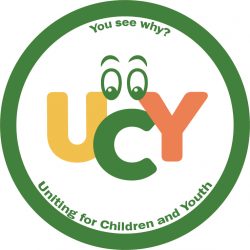Question 5 – Zone 1 Response
Contents
The Question in brief
Response from:
– Lynn Scott
The Question in Brief
What do you believe an OCDSB trustee’s role is re: promoting well-being in Ottawa public schools? (See full text of Question 5.)
Lynn Scott
1. What do you believe an OCDSB trustee’s role is re: promoting well-being in Ottawa public schools?
Trustees can approve policies and budget allocations directed toward well-being initiatives, and they can highlight well-being strategies in the OCDSB’s next strategic plan.
2. Provide 1-2 examples of initiatives the OCDSB has recently undertaken to prevent mental illness and promote mental health and well-being.
The OCDSB has supported information for families about mental health as part of its Speaker Series. The OCDSB also continues to work with Ottawa Public Health and other agencies to raise awareness and provide supports to students for mental health.
3. Provide 1-2 examples of initiatives the OCDSB has recently undertaken to prevent physical illness and promote physical health and well-being.
The Student Active Transportation initiative began with the OCDSB, and has encouraged many more families to allow their children to walk to school, in small groups, independently or with a “walking school bus.” More and more schools are supplementing traditional physical education programming with equipment and programming in support of individual physical fitness, through such activities as spinning and weight-lifting, encouraging fitness activities that students will be able to follow throughout their lives.
4. Do you think the OCDSB’s response to psychological distress experienced by youth is proportionate to the scale of the crisis?
Sometimes yes, and sometimes no.
5. Are there any initiatives or programs you would support that might promote mental well-being (cf. preventing mental illness)?
A greater focus is needed on developing resilience and executive function at an early age. Students need to learn better ways to assess risk, and to be able to engage in measured risk activities. They need to learn to resist peer pressure and be comfortable with their own judgment to do so. They need to be able to manage stress in better ways. If the skills of managing risk and possible failure are not developed in the early years, we have the potential for more adolescents to engage in risk behaviours without the skills and ability to manage those risks effectively.

